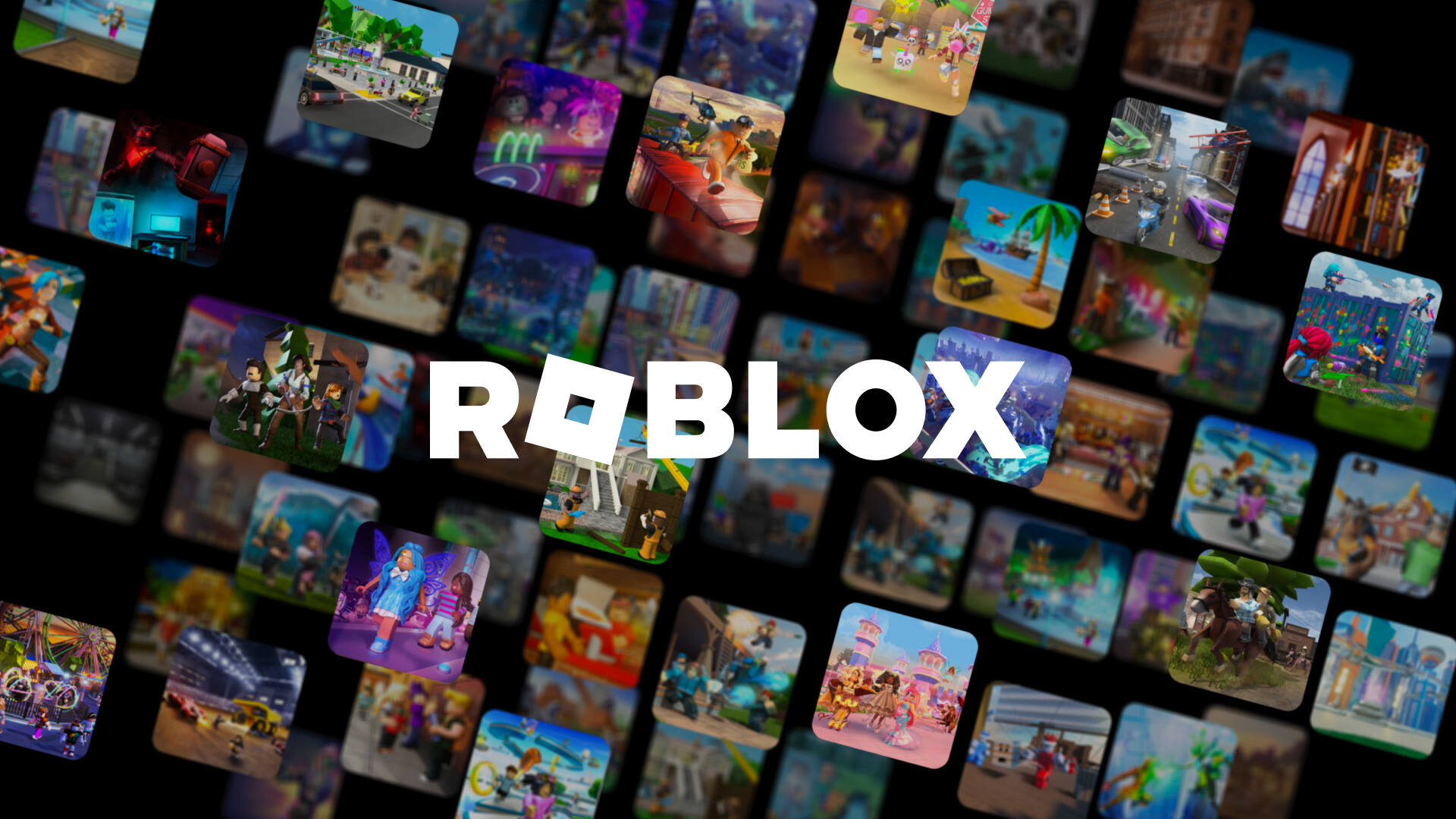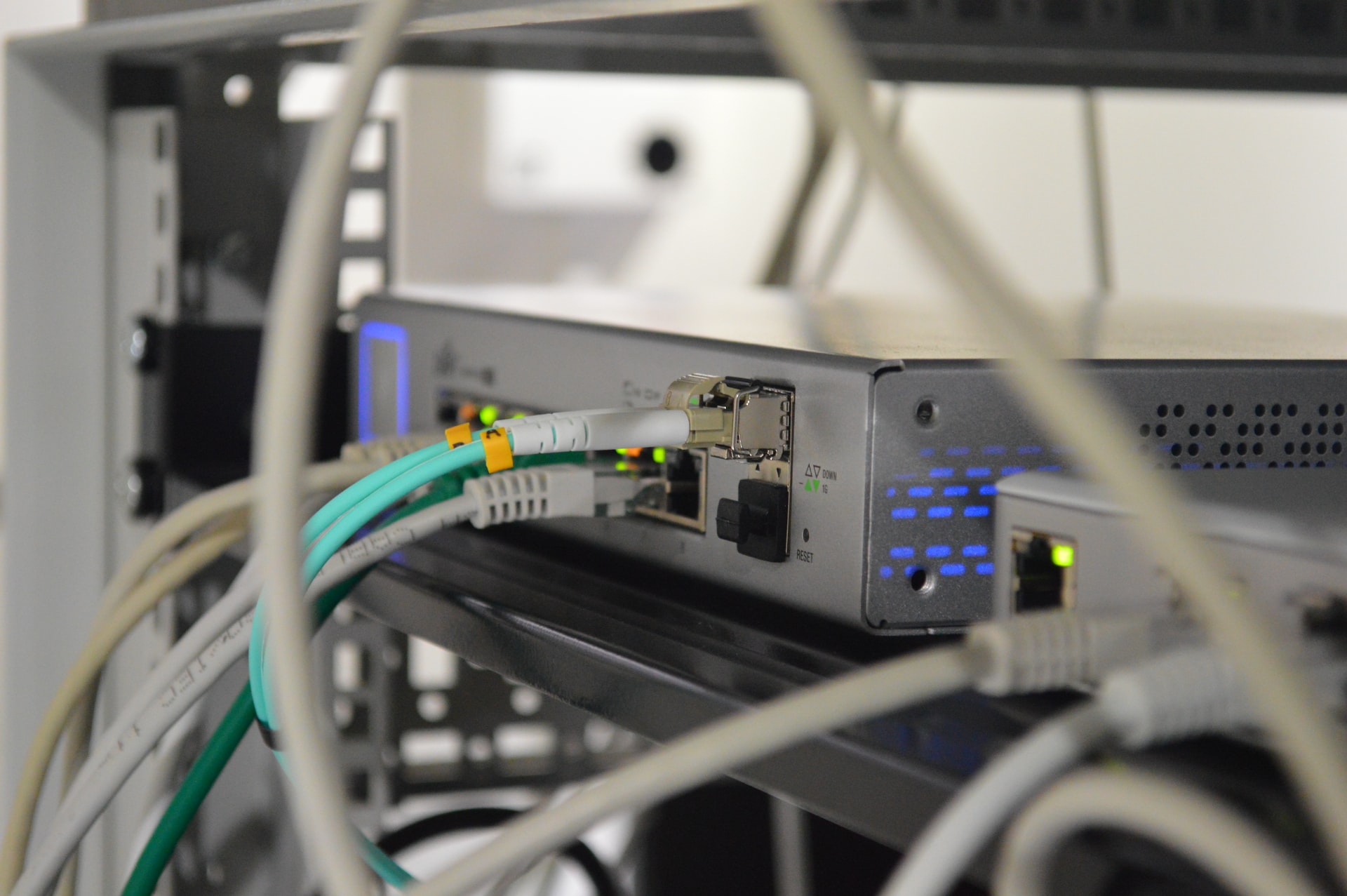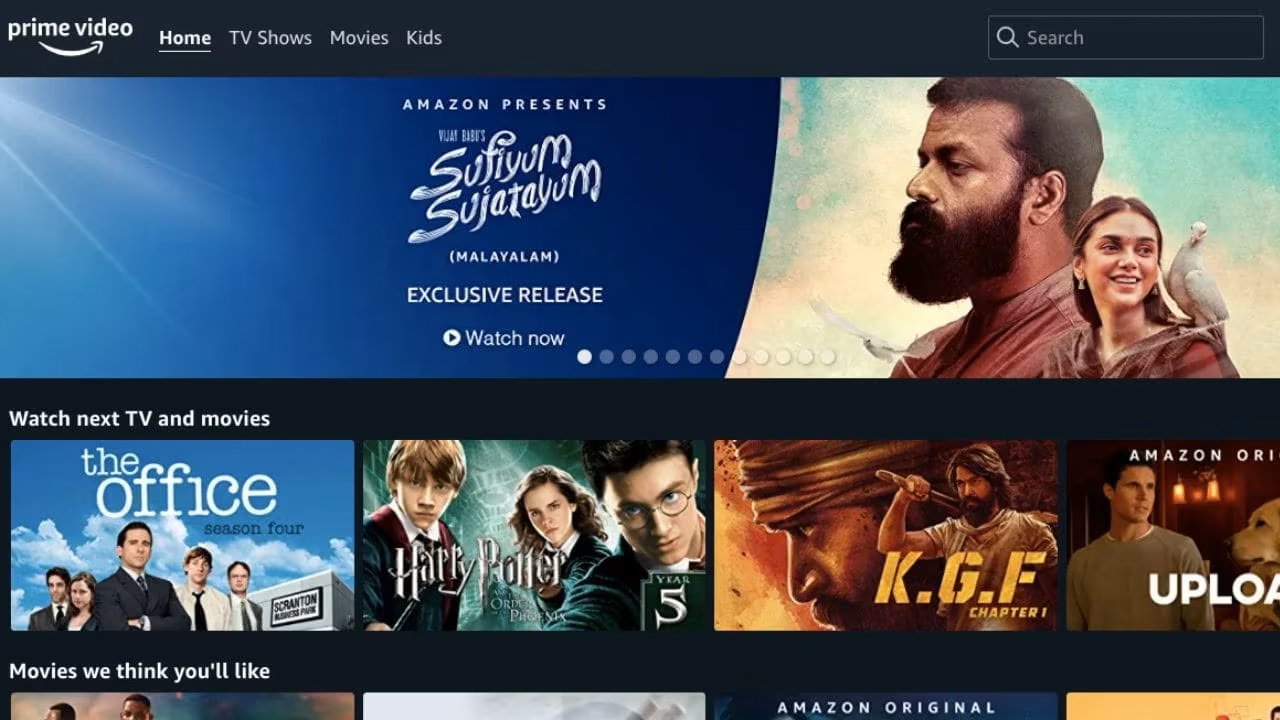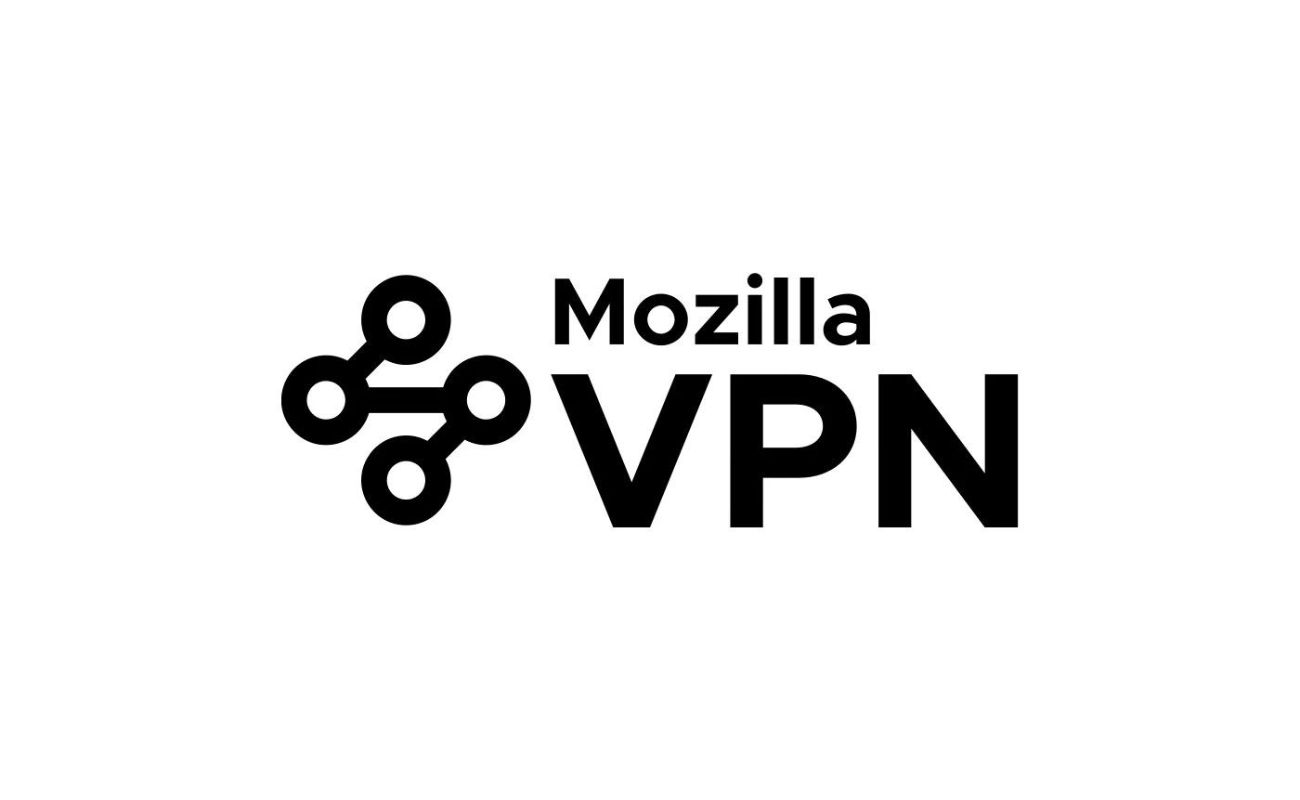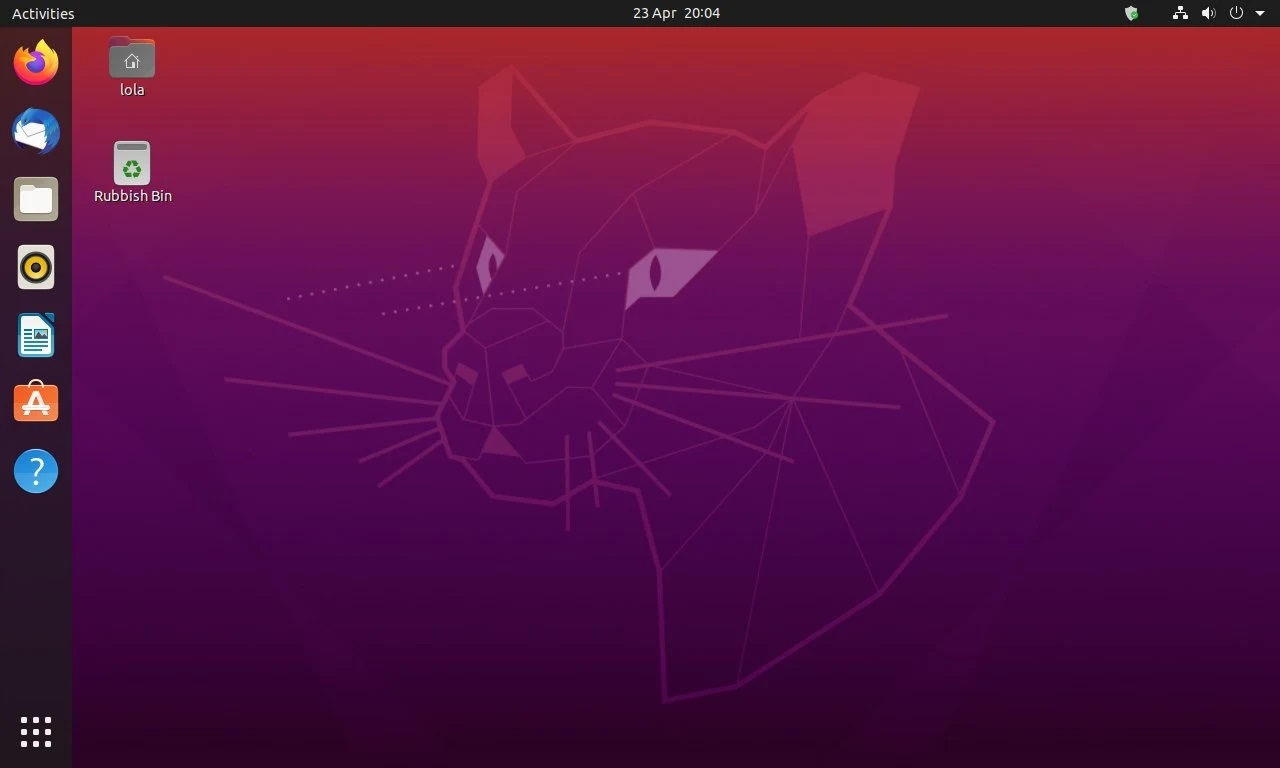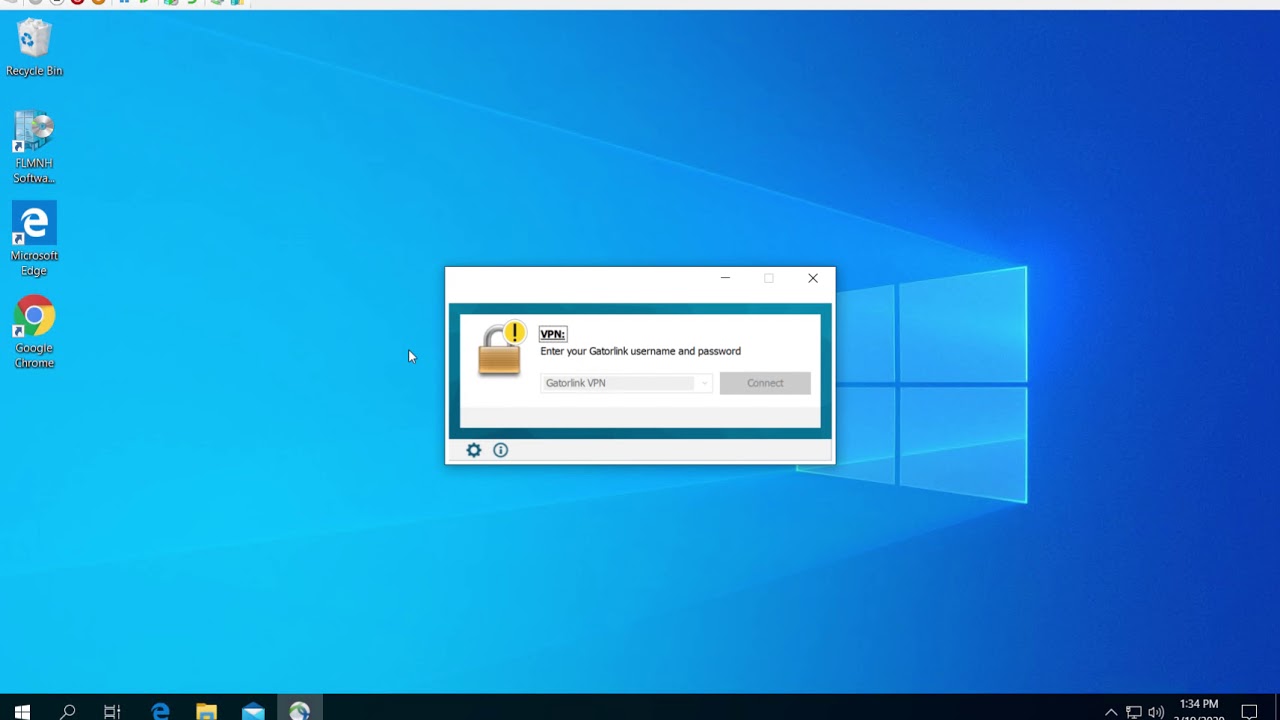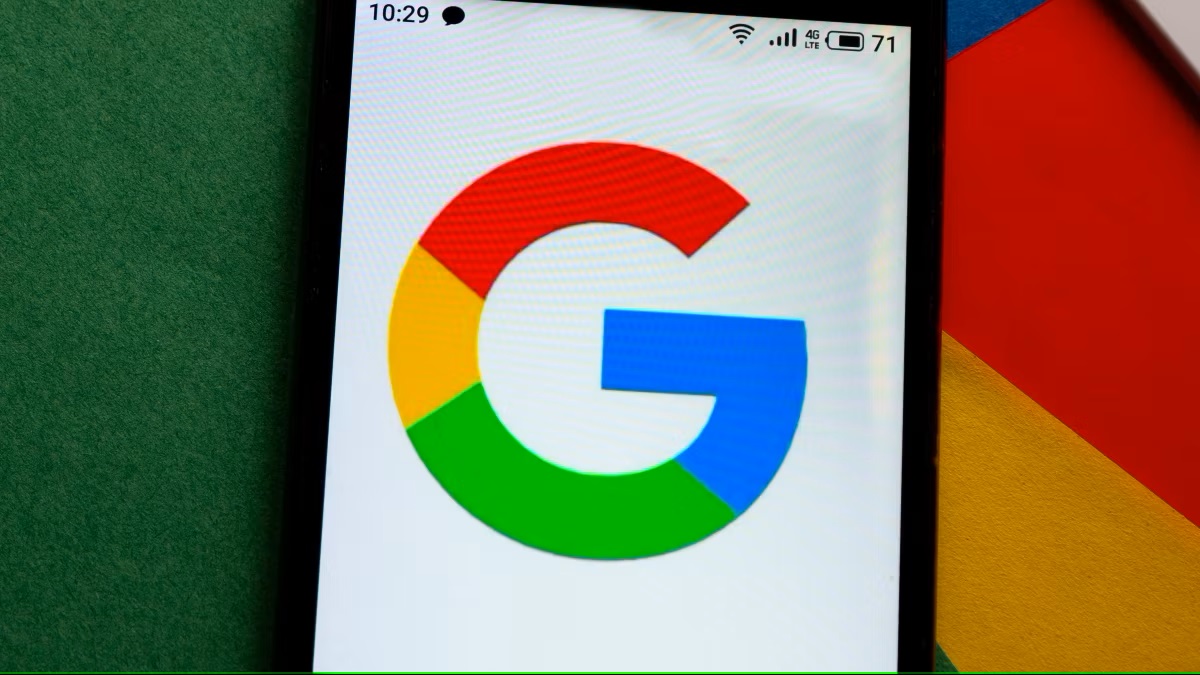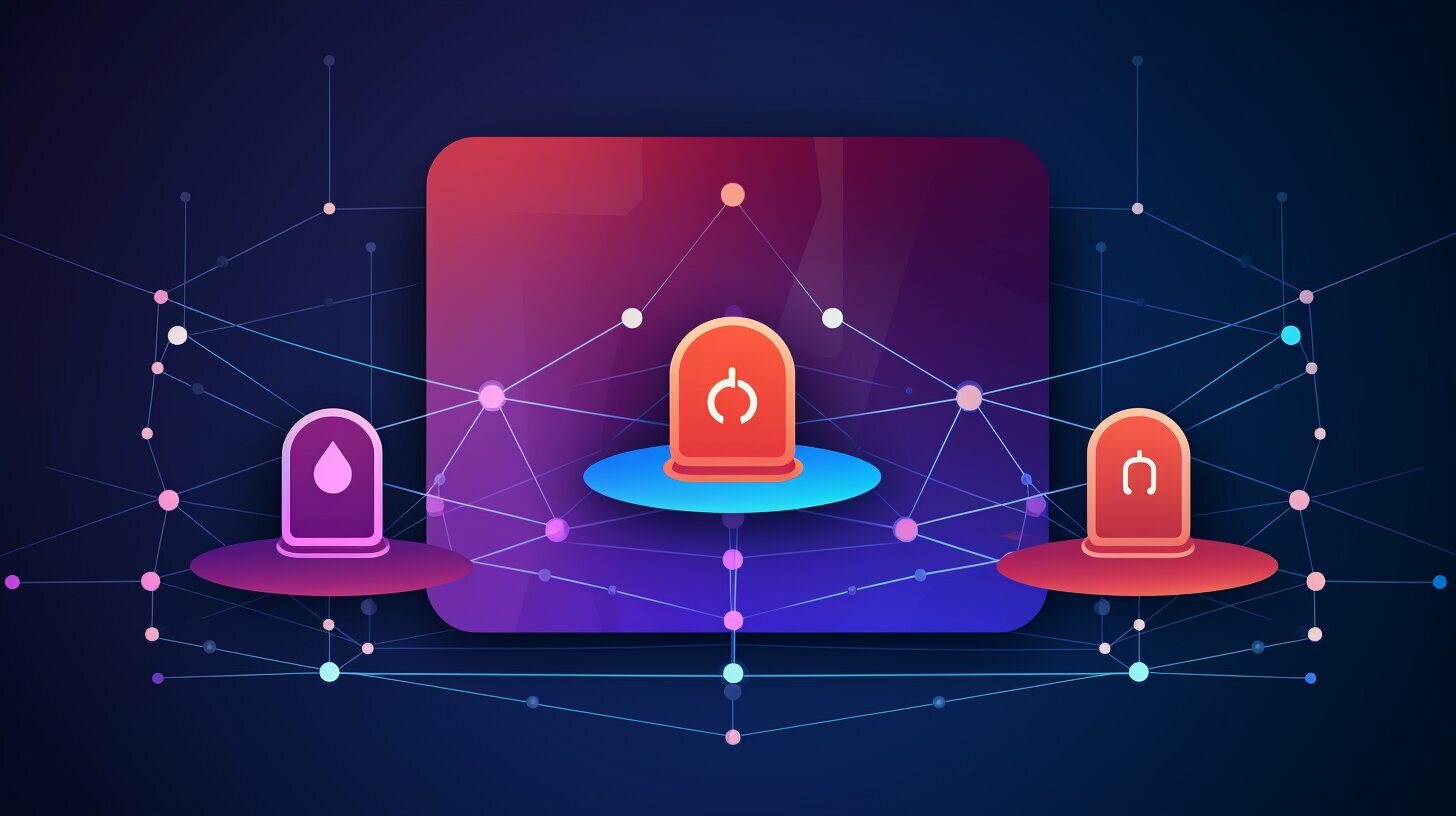Home>Software and Apps>Amazon Prime’s VPN Blocking: A Tech Blog Perspective
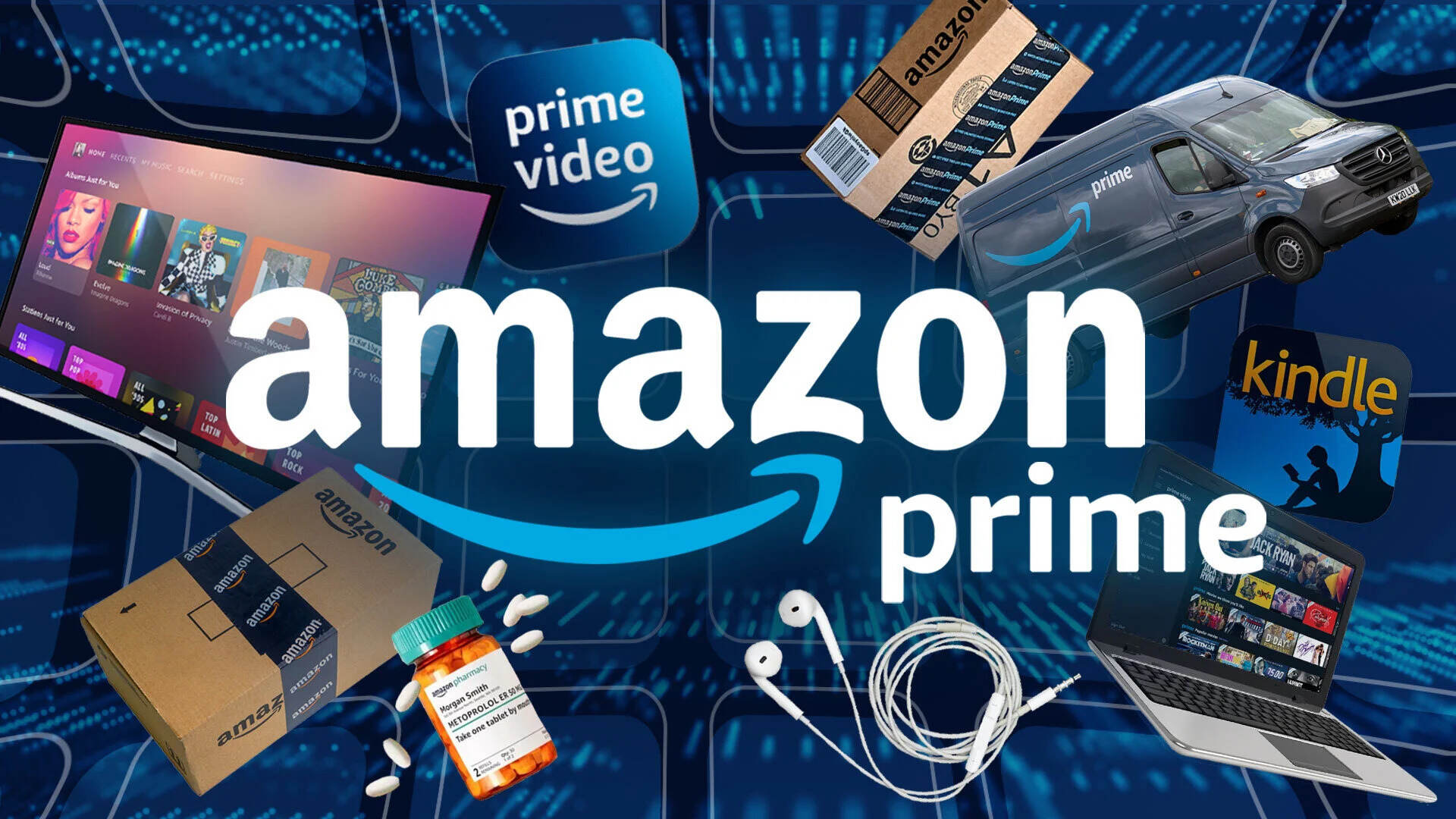

Software and Apps
Amazon Prime’s VPN Blocking: A Tech Blog Perspective
Modified: September 5, 2024
Discover how Amazon Prime's VPN blocking impacts software and apps. Gain insights and solutions from a tech blog perspective.
(Many of the links in this article redirect to a specific reviewed product. Your purchase of these products through affiliate links helps to generate commission for Techsplurge.com, at no extra cost. Learn more)
Table of Contents
Understanding VPN Blocking
Virtual Private Networks (VPNs) create secure, encrypted connections between devices and VPN servers. This connection masks IP addresses, making it difficult for third parties to track online activities. VPNs are widely used for privacy, security, and accessing geo-restricted content.
Amazon Prime Video, like many other streaming services, has implemented measures to prevent users from accessing its content through VPNs. This is primarily done to comply with licensing agreements and protect intellectual property rights. However, this move has been met with significant resistance from users who rely on VPNs for various reasons, including privacy and security.
Impact of Amazon Prime's VPN Blocking
Privacy and Security Concerns
VPNs protect user privacy by masking IP addresses and encrypting internet traffic. Blocking VPNs compromises this security, potentially exposing users to data breaches and surveillance.
Geo-Restrictions
Many users rely on VPNs to access content that is geo-restricted due to licensing agreements. Blocking VPNs restricts access to content for users in regions where it is not officially available.
Inconvenience and Frustration
The inability to access Amazon Prime content through VPNs can be frustrating, especially for users accustomed to using VPNs for other purposes. This inconvenience can lead to a negative user experience, potentially driving users away from the platform.
Digital Rights and Regulations
The clash between VPNs and streaming platforms highlights broader discussions on digital rights and the intersection of privacy, security, and content distribution regulations. This issue underscores the evolving landscape of online content consumption and the need for balanced regulations.
Global Ramifications
The implications of VPN blocking on international users seeking to transcend geographical barriers and access diverse entertainment options are significant. It restricts the global accessibility of Amazon Prime's content, limiting its appeal to a broader audience.
Strategies for Bypassing Amazon Prime's VPN Blocking
Reputable VPN Services
While Amazon Prime blocks many VPNs, some reputable services continue to work. Users can explore alternative VPN providers that have not been blocked by Amazon Prime. These services often update their protocols and servers to stay ahead of blocking measures.
Smart DNS Proxies
Smart DNS proxies can bypass geo-restrictions without encrypting internet traffic. They work by altering the DNS settings on devices, allowing access to content from different regions without the need for a full VPN connection.
Dedicated IP Addresses
Some VPN services offer dedicated IP addresses, which can sometimes bypass VPN blocking. These IP addresses are not shared with other users, reducing the likelihood of being detected by Amazon Prime's blocking mechanisms.
Obfuscation and Stealth Protocols
Obfuscation protocols hide the fact that you are using a VPN, making it harder for Amazon Prime to detect and block your connection. Stealth protocols use advanced techniques to evade detection by VPN blocking mechanisms.
Server Switching
Users can try switching between different VPN servers to see if a particular server is not blocked by Amazon Prime. This method requires patience and persistence but can sometimes yield results.
Hybrid Approaches
Combining VPNs with proxy servers is another strategy users employ to bypass VPN blocking. This hybrid approach leverages the strengths of both technologies to provide a more robust solution.
Using Alternative Streaming Services
For users who cannot access Amazon Prime content due to VPN blocking, alternative streaming services like Netflix, Hulu, or Disney+ might offer similar content options.
Additional Considerations
Amazon's Position
Amazon's stance on VPN blocking is largely driven by its need to comply with licensing agreements and protect intellectual property rights. However, this move has been criticized by many users who feel it compromises their privacy and security.
Read more: Improving Amazon Prime Subtitles
User Feedback
The impact of VPN blocking on user experience cannot be overstated. Many users have expressed frustration and disappointment with Amazon Prime's decision, leading to a negative perception of the service.
Technological Advancements
Ongoing technological advancements in VPN technology and streaming platform security measures will continue to shape the dynamics of this issue. Users can expect new strategies and solutions to emerge as technology evolves.
Regulatory Environment
The regulatory environment surrounding digital rights and content distribution is complex and evolving. Future regulations could potentially address the concerns raised by VPN blocking, ensuring a more balanced approach to online content consumption.
User Education
Educating users about the implications of VPN blocking and the available strategies for bypassing these restrictions is crucial. This education can help users make informed decisions about their online activities and the tools they use to protect their privacy and security.


